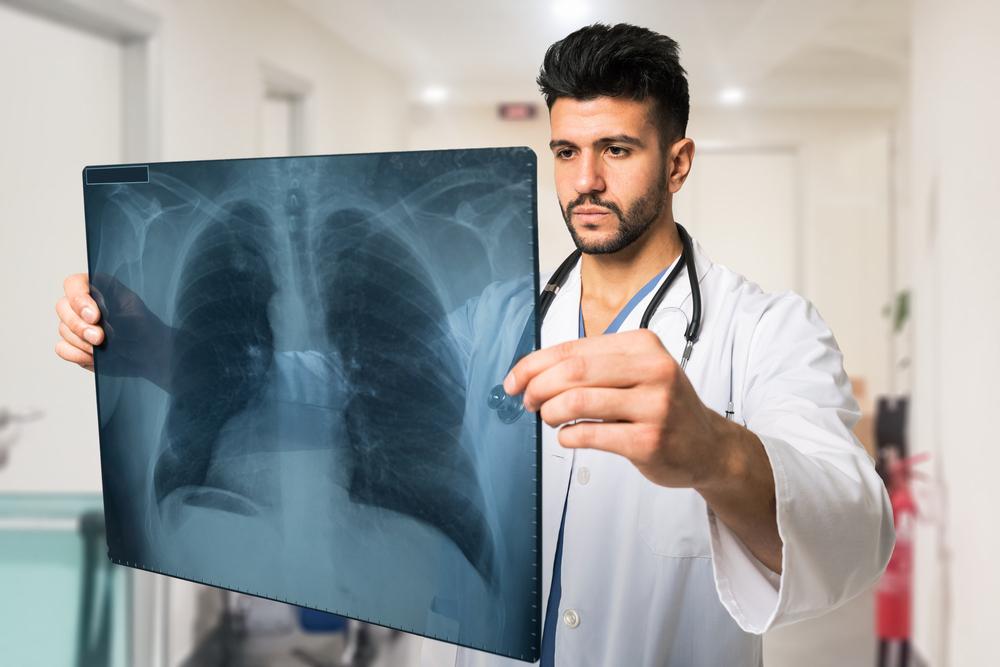Lung Cancer – Causes, Symptoms, and Treatment
Lung cancer is the uncontrolled and incessant growth of the cells of a malignant tumor in and around the regions of the lungs. Quite similar to other cancers, lung cancer spreads to various nearby regions beyond the lung and also to other parts of the body. The process of spreading to other secondary and tertiary parts of the body from the initial originating area is termed as metastasis.
Lung cancer is believed to be one of the leading cancers that cause death among people in large numbers worldwide.

Causes of lung cancer
The most common cause of this cancer is prolonged smoking or exposure to smoke for a prolonged period of time. Exposure to radon gas is also a probable cause behind developing lung cancer.
On inhalation of smoke, you intake a lot of cancer-causing agents called carcinogens; the sheer changes in the tissues of the lungs start to appear almost immediately. Though initially, you might be able to cope up with it, eventually, the immune system becomes weak and falls prey to cancer.
Apart from all these, your ancestral history also plays a great role in increasing the risk of getting cancer.
Symptoms of lung cancer
In the early stages, you won’t find any potential signs of this cancer. Only when cancer has reached an advanced stage, will the signs and symptoms start to show up. These signs are mentioned below and categorized under two heads as follows:
In the chest
Lungs are the main place of origination of lung cancer, thus problems arising at those places is quite natural. Therefore, the symptoms include the following.
- Intense and persistent coughing
- Breathing troubles
- Shoulder and chest pain
- Voice changes
- Coughing of phlegm and/or blood
- Amount and color of sputum changes
- Recurrence of other lungs problems such as bronchitis
- Harsh sounds during breathing
Elsewhere in the body
The symptoms are not only confined to the lungs and adjacent areas but also can be evident in other parts of the body as well. They are as follows:
- Loss of hunger
- Fatigue
- Bleeding and blood clots
- Normal fractures in the bone
- Headaches
- Swelling in the neck and face
- Memory loss
- Loss in weight
Treatments for lung cancer
The treatments for lung cancer can be broadly classified into five types as mentioned below:
- Surgery
It is the best option in case the cancer is confined to the lungs and hasn’t spread. Your surgeon will remove the lymph nodes from the chest so that cancer does not get the chance to spread any further. - Radiation therapy
High-powered X-rays are used in this case to kill the DNA of the affected cells so that they become unable to reproduce; thus barring the spread of cancer. It may be done either before or after surgery. - Chemotherapy
Certain drugs are used in order to kill the cancer cells by this method. It may be injected into the vein or by orally taking it. It is usually done to shrink cancer cells so that it is easy to remove them during surgery. - Radiosurgery
It is generally for the people who have smaller cancers and cannot undergo surgery. It thus involves radiation treatment from many angles of cancer cells. - Targeted drug therapy
It is usually carried out in those people who have genetic mutations or who have a chance of relapsing or people with advanced cancer stages.